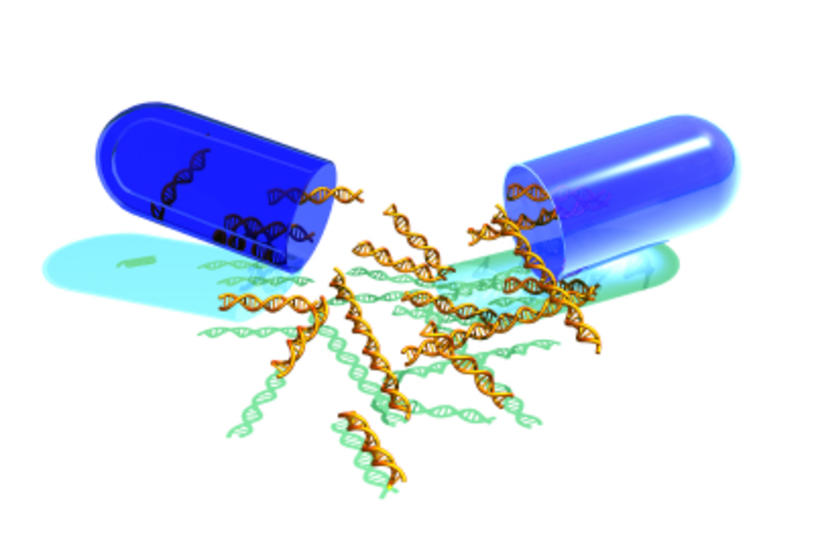
It’s been a busy, and mostly disappointing, month in Alzheimer’s disease (AD) drug development. First, two separate clinical trials into the drug bapineuzumab returned disappointing outcomes. But today, a glimmer of hope, as Eli Lilly announced a mixed bag of results around their drug candidate solanezumab.
Explains The Washington Post:
[S]olanezumab, failed to slow cognitive decline, which involves a person’s memory, in two late-stage studies of about 1,000 patients each. But when data from the trials was combined, scientists saw a statistically significant slowing of the rate of cognitive decline in the bigger population…
The studies fell short of their main goals, and that means the drug ‘isn’t going to the (Food and Drug Administration) tomorrow to be approved for sale,’ said William H. Thies, chief medical and scientific officer for the Alzheimer’s Association, which was not involved in Lilly’s research. Still, he said the statistical significance of the combined results is important.
‘If that can be replicated, that is a major finding,’ he said. ‘It’s the first time we’ve been able to change the course of Alzheimer’s disease or any part of Alzheimer’s disease in people.’
Gene Johnson, PhD, the Chief Scientific Advisor of The Michael J. Fox Foundation, explains what it may mean that secondary analyses showed “statistically significant slowing of cognitive decline.”
This would seem to support a hypothesis that the mechanism of action being targeted by solanezumab requires intervention early in the disease process in order to show any effect. While it is now possible to identify people in the general population likely to develop AD using biomarkers, developing a prevention trial to further investigate such potential effects (i.e. one that engages a treatment before the onset of clinical dementia) would still be quite daunting. Drug developers will have to further consider factors such as the magnitude of the drug’s effect, its side effect profile, and cost of production and administration before moving forward with future studies.
Like bapineuzumab, solanezumab targets the brain accumulation of plaques of a protein called beta amyloid that many think may play a role in AD.
As we explained in this space last month, Parkinson's disease (PD) researchers are developing therapeutic approaches that target clumping of another protein, called alpha-synuclein, which is common to the brains of people with PD. But as is the case with beta amyloid and AD, researchers have yet to zero in on the specific role that alpha-synuclein plays in PD.
A major question: Is alpha-synuclein causative, or does it instead represent the body's attempt to ward off processes that are actually causing the disease? MJFF is currently funding researchers to address several different hypotheses surrounding alpha-synuclein's role in PD.
And to learn more about the business and scientific impact of AD trials on PD research, read this article featuring MJFF CEO Todd Sherer, PhD, in Chemical and Engineering News.